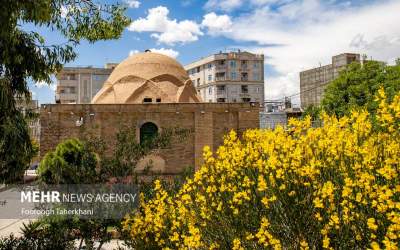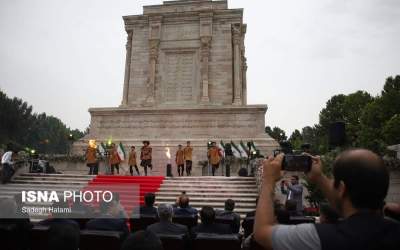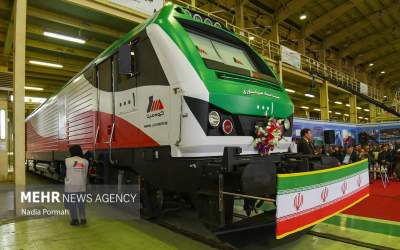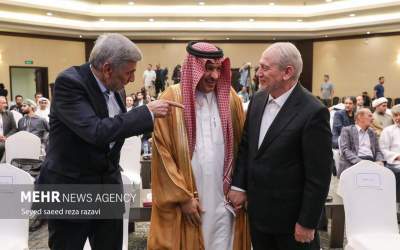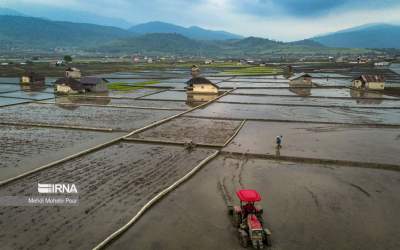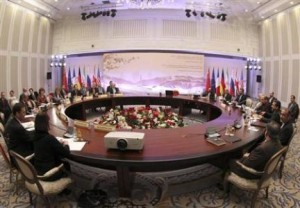 World powers have offered to ease economic sanctions on Iran if it limits the enriched uranium at its disposal within six months, state-run Iranian Students News Agency reported, citing an unidentified Iranian diplomat.
World powers have offered to ease economic sanctions on Iran if it limits the enriched uranium at its disposal within six months, state-run Iranian Students News Agency reported, citing an unidentified Iranian diplomat.In a proposal presented at nuclear talks last month, international negotiators asked Iran to stop producing uranium enriched to 20 percent if it has enough to fuel the Tehran research reactor, said the official, who is knowledgeable about the content of the talks, according to ISNA�s report today.
If Tehran complies with the negotiators� demands, world powers initially would lift sanctions on gold, precious metals and petrochemicals, the diplomat was cited as telling ISNA. Banking sanctions would be eased later, and bans on repairing airplanes and supplying spare aircraft parts would be lifted, the diplomat was cited as saying.
Iran is struggling under international sanctions that have hurt growth and contributed to an inflation rate nearing 30 percent. World powers imposed the sanctions amid concern that uranium enriched to 20 percent could be turned into weapons grade within months.
If the stockpile of 20 percent enriched uranium exceeds the reactor�s needs, Iran would ship the surplus to a third country, under the International Atomic Energy Agency�s supervision, the diplomat was cited as telling ISNA. The excess material would stay there for six months while Iran and the agency worked to reach an agreement, the official said.
Metal Plates
Iran would be able to keep surplus medium-enriched uranium if it transformed the material into metal plates, the diplomat was cited as saying. Turning the uranium into metal renders it more difficult to further enrich into weapons-grade material.
Earlier this month, Iran�s Foreign Minister Ali Akbar Salehi told Austria�s Wiener Zeitung newspaper that his country wanted to reduce its stockpile of 20 percent enriched uranium.
Iran, a signatory to the nuclear Non-Proliferation Treaty, says its nuclear program is purely civilian and intended for producing electricity and for medical research. The U.S. and its allies say Iran�s nuclear program may have a military intent. The Tehran research reactor produces medical isotopes for cancer treatment and operates using metal plates constructed with 20 percent-enriched uranium.
Iranian officials concluded two days of talks with China, Germany, France, Russia, the U.K. and U.S. on Feb. 27. No diplomatic breakthrough was announced and the details of the international proposal were not released. The two sides said the talks were on the right track and agreed to a technical meeting next week and another round of political talks on April 5-6 in Almaty, Kazakhstan.
By Bloomberg
The Iran Project is not responsible for the content of quoted articles.
